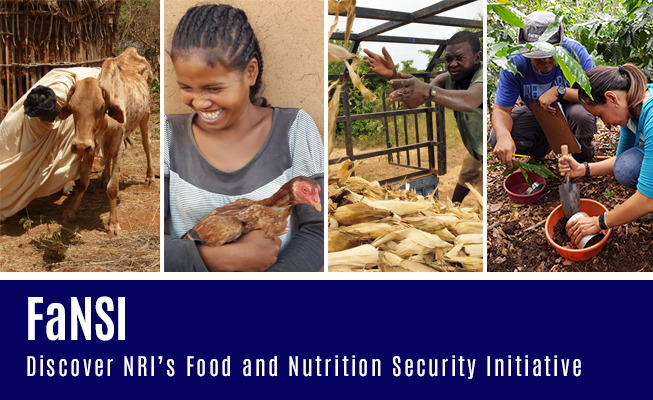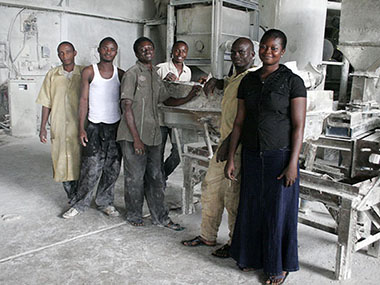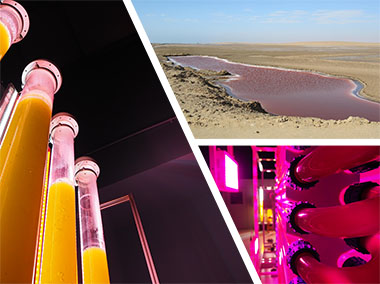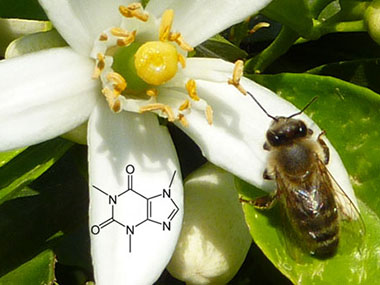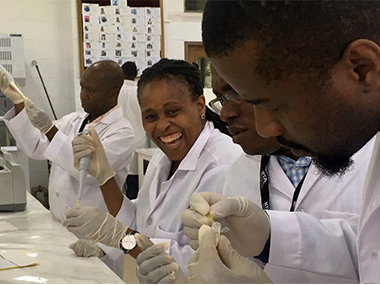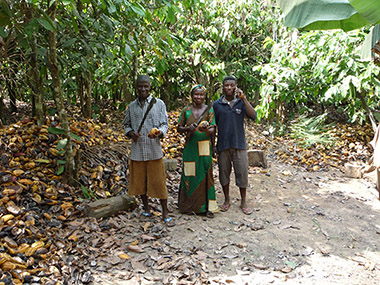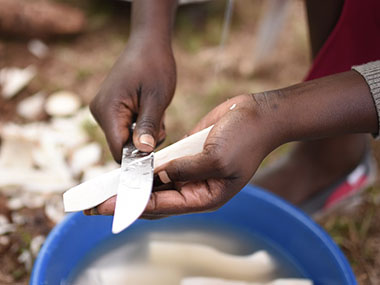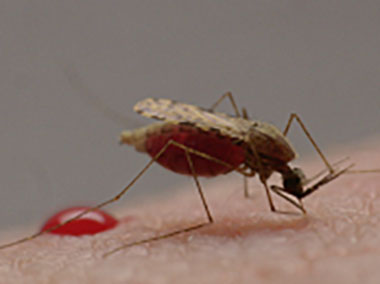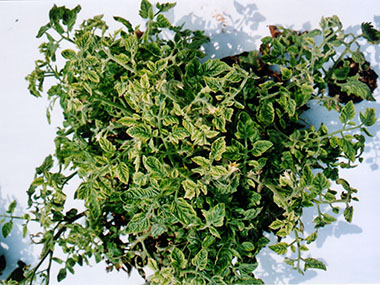Research Introductions
The Natural Resources Institute (NRI) of the University of Greenwich is a leader in natural resources research, promoting efficient management and use of renewable natural resources in support of sustainable livelihoods. Research is primarily focused on developing and emerging economies. NRI's presence and research partnerships in developing countries, and its training and capacity building programmes, provide the platform for the Institute to develop and disseminate key technologies and knowledge. This has resulted in substantial impact at farmer and community level, and has made significant contributions to the international research community. Much of the work also involves interaction with the developed world where it is equally applicable. Our Research Groups listed below contain further information including group members, projects and publications.
An important constituency within all of our Research Groups are our Early Career Researchers (ECRs). We have an active ECR Network that aims to develop skills, promote inter-disciplinarity and foster a collegiate research environment for those at an early state in their research careers. The ECR Network’s agenda is set by the ECRs themselves and seeks to be inclusive and focussed on maximising career potential.
Our Research and Development work is also organised to address thematic challenges. Contact Professor Ben Bennett for more details.
Aquatic Biotechnology and Biology
We study and process algae for future food, for feed to improve farmed animal health and welfare, for biofuels and as a source of green chemicals and nutraceuticals. We investigate the impact of climate change and disease on aquatic species in natural and aquaculture settings.
Chemical Ecology and Plant Biochemistry
The Chemical Ecology Group works on the identification and use of naturally-produced chemicals for control of pests, particularly in the developing countries.
Centre for Society, Environment and Development
Our research addresses poverty and vulnerability, and how poor people themselves, governments, the private sector and civil society can help overcome them
Early Career Researchers’ Network - ECRN
The network allows ECRs to come together, to enhance their research and wider development skills in a dynamic and highly multidisciplinary working environment that strives for a vibrant and inclusive culture of research excellence.
Ecosystem Services
Climate change and biodiversity loss are two of the biggest global challenges in the coming decades, primarily due to their impacts on the provision of ecosystem services.
Food Systems
The Food Systems Research Group addresses challenges and opportunities relating to the spectrum of activities from food production to consumption.
Pest Behaviour
The work of the Pest Behaviour Group ranges from laboratory-based research to analyse the basic physiology and behaviour of pests and vectors through field-based studies of pest behaviour and ecology to translational research where knowledge of pest behaviour is used to develop innovative control technologies.


